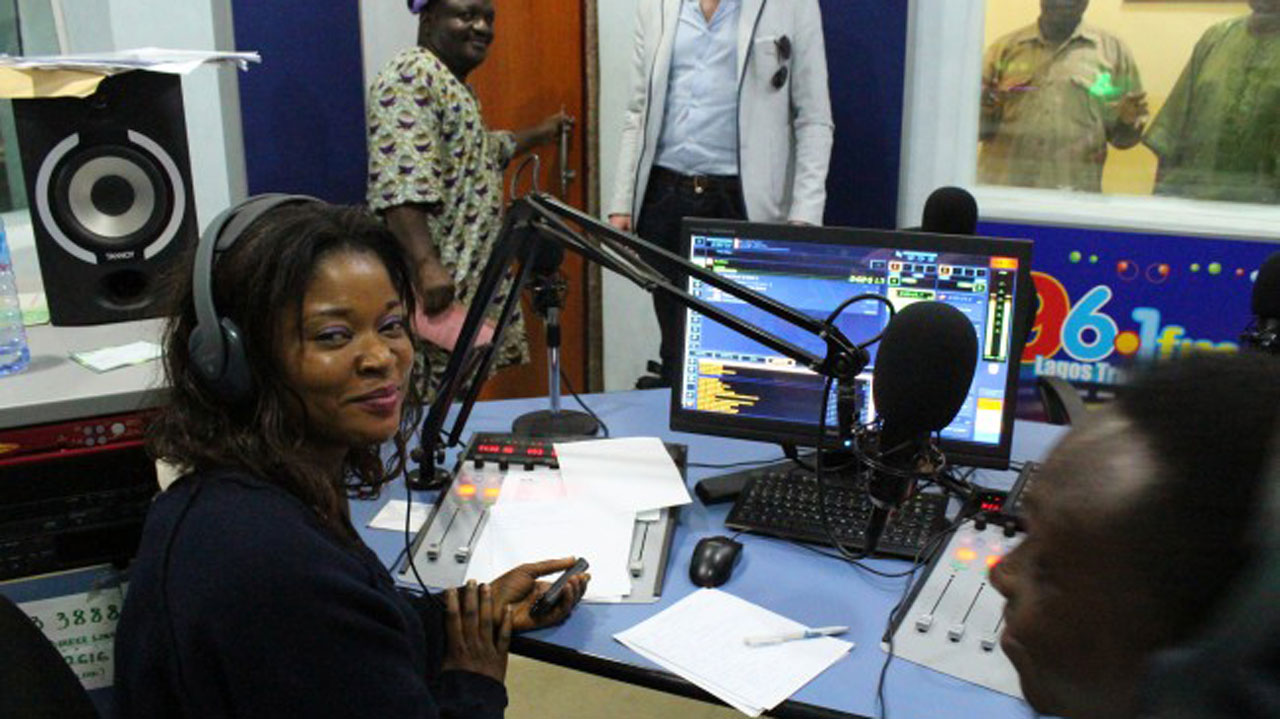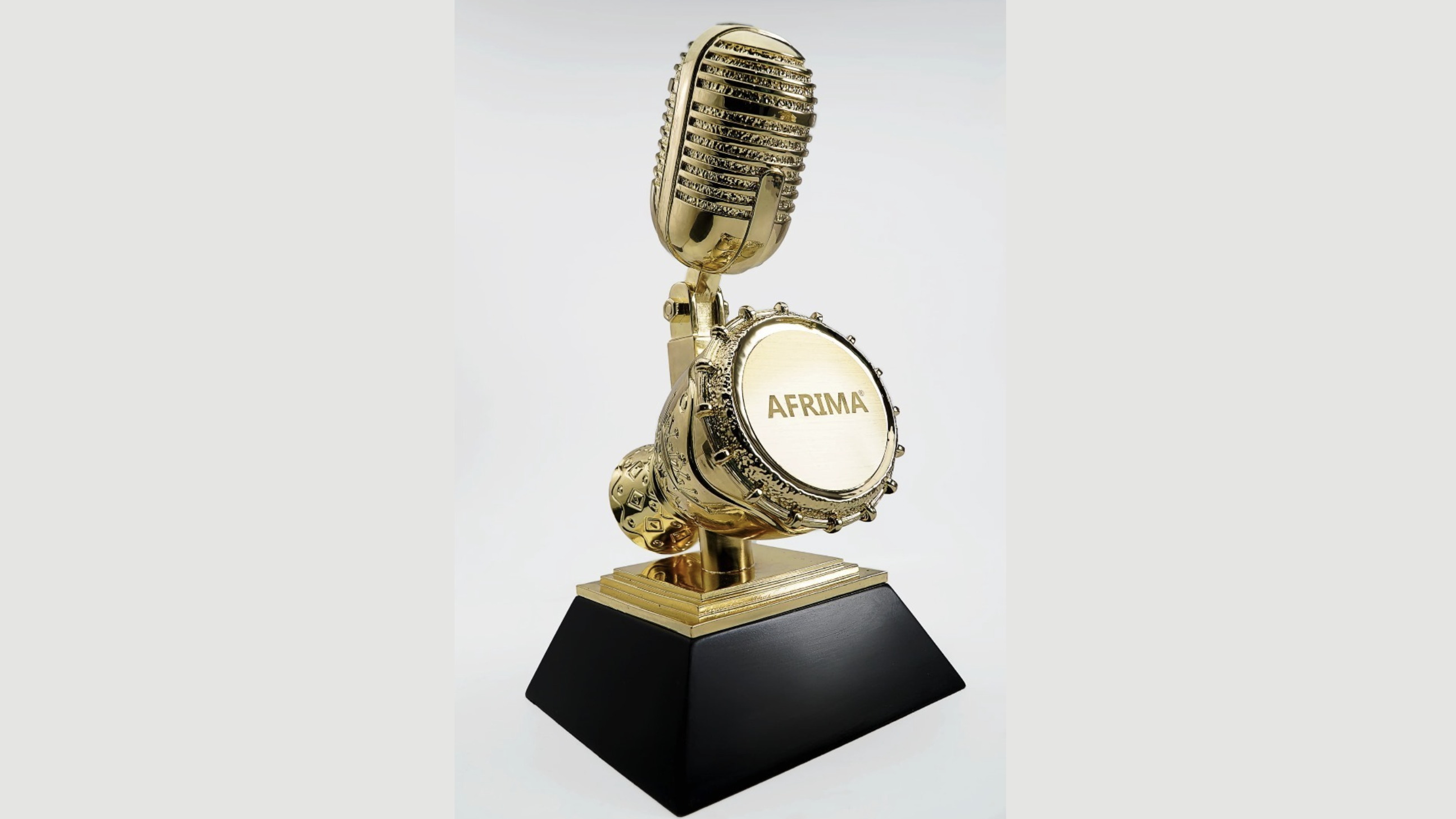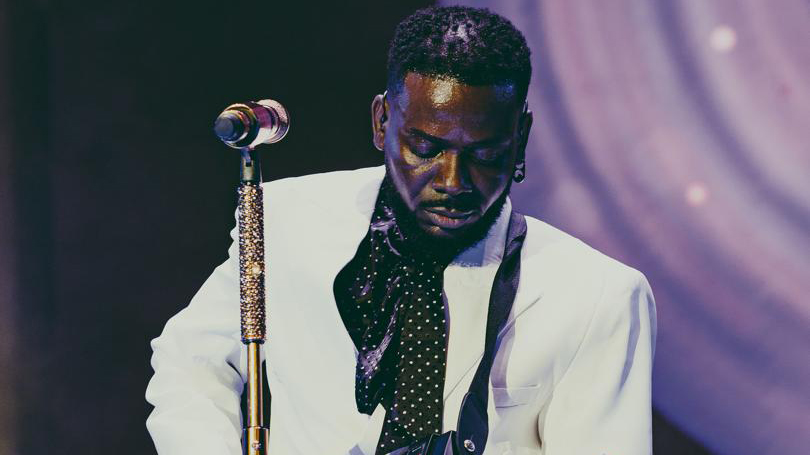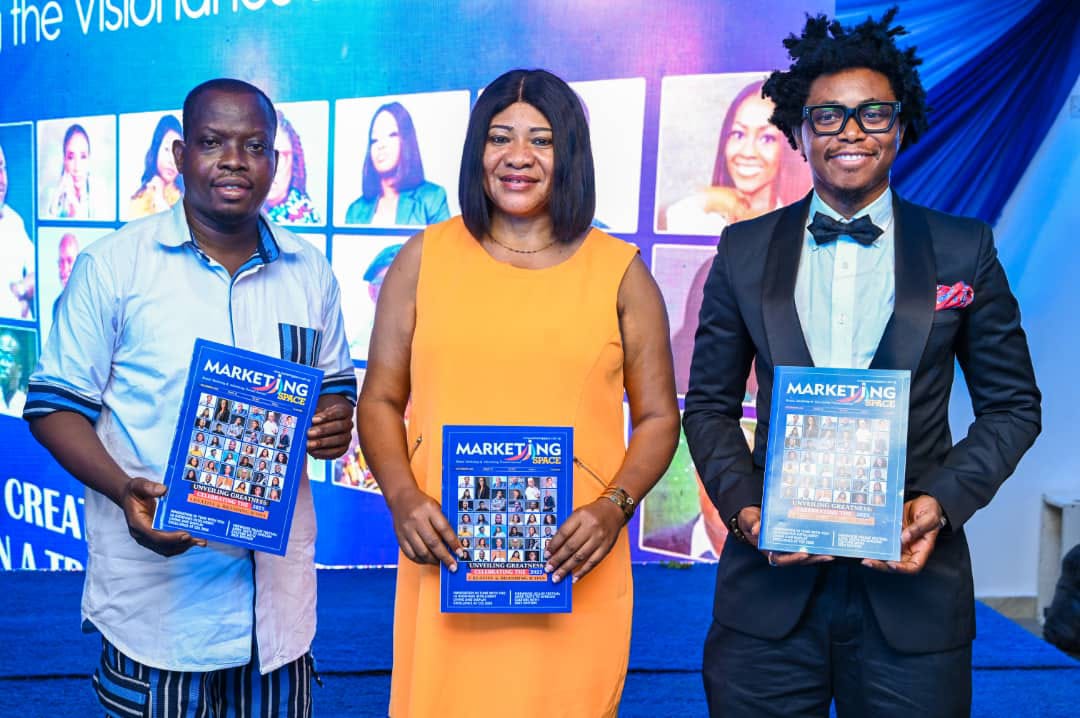
In commemoration of centenary anniversary of radio, broadcasters, presenters, commentators and other stakeholders in the media space, on World Radio Day 2024, restated the need to use radio to foster unity in diversity, national integration and inclusiveness.
With the theme: ‘Radio: A century informing, entertaining and educating,” the practitioners also harped on the need to use radio for bridging illiteracy gaps and promote democracy.
Proclaimed in 2011 by the member states of UNESCO and adopted by the United Nations General Assembly in 2012 as an International Day, February 13 became World Radio Day (WRD).
According to the United Nations, radio is a powerful medium for celebrating humanity in all its diversity and constitutes a platform for democratic discourse.
Similarly, African Union Media Fellow from Morocco, Meriyem Kokaina, described radio as a cornerstone of communication in Africa, weaving a rich narrative of entertainment, education, and empowerment.
To Kokaina, “in celebrating one hundred years of radio, we’re reminded of the medium’s historical journey and unmatched ability to unify, educate, and inspire communities amid an ever-evolving digital landscape. Let’s honour the legacy and future of radio in Africa, celebrating the diverse voices that have enriched this medium and the innovative paths it will carve for generations to come. Here’s to more milestones in radio’s journey of innovation, unity, and cultural celebration!”
In Nigeria, radio broadcasting evolved from the British colonial re-diffusion centre of 1937 through federal and state government-controlled enterprise to a dynamic industry with strong private sector participation.
Currently, there are over 135 licensed radio stations, Federal Radio Corporation of Nigeria (FRCN) with individual stations, state-owned stations (on AM & FM bands), privately owned stations, campus radio and community stations.
In her speech, Director-General of UNESCO, Audrey Azoulay, said, “on this World Radio Day, we celebrate not only the history of radio, but also its central role in our societies, now and in the years to come. The year 2024 marks a milestone in the history of this medium: it is the year we celebrate the centenary of the first live radio broadcast of the Olympic Games, on the eve of the next Games in Paris.”
This milestone, she noted, “reminds us that, since its creation at the end of the 19th century, radio has always been with us, bringing us together around powerful moments and shared emotions. And so, for over a century, it has been informing us, entertaining us, and also educating us, as this year’s theme underlines.
“It is all the more true today: despite the growing influence of the Internet and social networks, radio continues to be a prime source of information and entertainment – it is estimated that over 4 billion people listen to it. Radio is also the medium that reaches places others do not: while almost a third of the population did not have a decent Internet connection in 2023, a proportion that rises to half of the population in rural areas, radio is more inclusive and accessible, particularly in crisis situations.
“As we see it, radio is more than a technical means of broadcasting: it embodies a certain idea of information, cultural diversity and education for all; we could go so far as to say that radio can and must be a humanist medium. Today, February 13, may we once again acknowledge the road travelled by radio, and the power of its airwaves to build – to “broadcast” – the possibility of a better world.”
In an interview with The Guardian, Kayode Awojobi of OOU Radio 92.1FM said radio broadcasting has been accredited as the medium with the highest capability for effectiveness due to the fact that it has the highest reach as it penetrates to a large portion of the country including areas where television or internet access is restricted.
Radio is the predominant mass medium in Africa with the highest audiences and widest geographical reach compared to television, Internet and the print media. Radio is the cheapest and most available mass medium. In fostering unity and national integration, radio can provide a platform for diverse voices and perspectives, including those from different regions, ethnicities, and communities.
“By featuring programmes that reflect the diversity of the nation, it helps create a sense of inclusivity and promotes understanding among different groups. In like manner, by showcasing the rich cultural heritage of various regions this can help build a sense of shared identity. Folk music, traditional stories, and local languages can be highlighted to celebrate the unique aspects of each community within the larger national context. In this present dispensation, radio plays significant roles in promoting linguistic diversity by broadcasting content in multiple languages spoken within a community, state or country. This not only helps in preserving linguistic heritage but also ensures that people of different linguistic backgrounds can access information in their preferred language. Radio plays a key role in broadcasting and promoting national events, celebrations, and commemorations. This creates a shared experience among the citizens and reinforces a sense of belonging to the same nation.
Without mincing words, he added radio is a powerful force for unity and national integration by embracing diversity, promoting understanding, and fostering a sense of shared identity among the citizens of a country.
He stated, “in disseminating information, radio has been a primary source of information, reaching even remote and underserved areas. It has played a vital role in disseminating news, educational content, agricultural information, health awareness and government initiatives. Access to timely and relevant information empowers individuals and communities, contributing to their socio-economic well-being. In the same vein, the role of radio over the years in the aspect of education and Literacy cannot be over-emphasized as radio has been used as an educational tool, particularly in regions with limited access to formal schooling. Educational programmes on radio has enhanced literacy, provide vocational training, and disseminate knowledge about health, agriculture, and various skills and this has helped in contributing to human capital development across the world.
Speaking in a similar vein, Professor of Journalism and Media Studies Lagos State University (LASU), Jide Jimoh, recalled, as far back as 1928, President Herbert Hoover of the USA had recognised the public education potential of radio, the then new medium when he said, “it is inconceivable that we should allow so great a possibility for service to be drowned in advertising clutter.”
According to the don, “he was underlining the need to use radio for public service and not allow it to be hijacked by commercial interests.”
Speaking further, Jimoh added, “a study I conducted way back showed that public service broadcasting has progressively dwindled and yielding spaces to crass commercialism.
“Radio occupies a unique place in the process of development especially in developing societies like Nigeria. One of the most unique attributes of radio is the fact that it can break the literacy bias to deliver messages to the unlettered folks in rural areas unlike other agencies of the mass media.”
On her part, multimedia journalist/ Researcher, Yemisi Lanre-Idowu, said radio continues to be a timeless symbol of communication, reaching people all over Nigeria, regardless of background or educational attainment, by overcoming obstacles to literacy and infrastructure.
To her, “because of its accessibility and ease of use, it can be a very effective tool in helping our diverse society achieve national integration and unity. Radio is still a dependable information source in Nigeria, where many people still struggle to obtain electricity.
“It conveys messages that have the power to change people’s lives for the better. Its reach fills communication gaps and guarantees that reaching both distant rural areas and urban centres leaves no one behind.
“A language that speaks to all Nigerians’ hearts and minds can be communicated through radio. By broadcasting content in simple and inclusive language, radio can effectively engage with the entire spectrum of the population, from the highly educated to those with limited formal education.
“Also, radio has been able to, to a great extent, foster community engagement by providing a platform for dialogue, participation, and collaboration. We see what our local stations do, helping to lead community discussions where citizens can voice their concerns, share ideas, and mobilise resources to address common challenges, especially at the grassroots,” she added.






